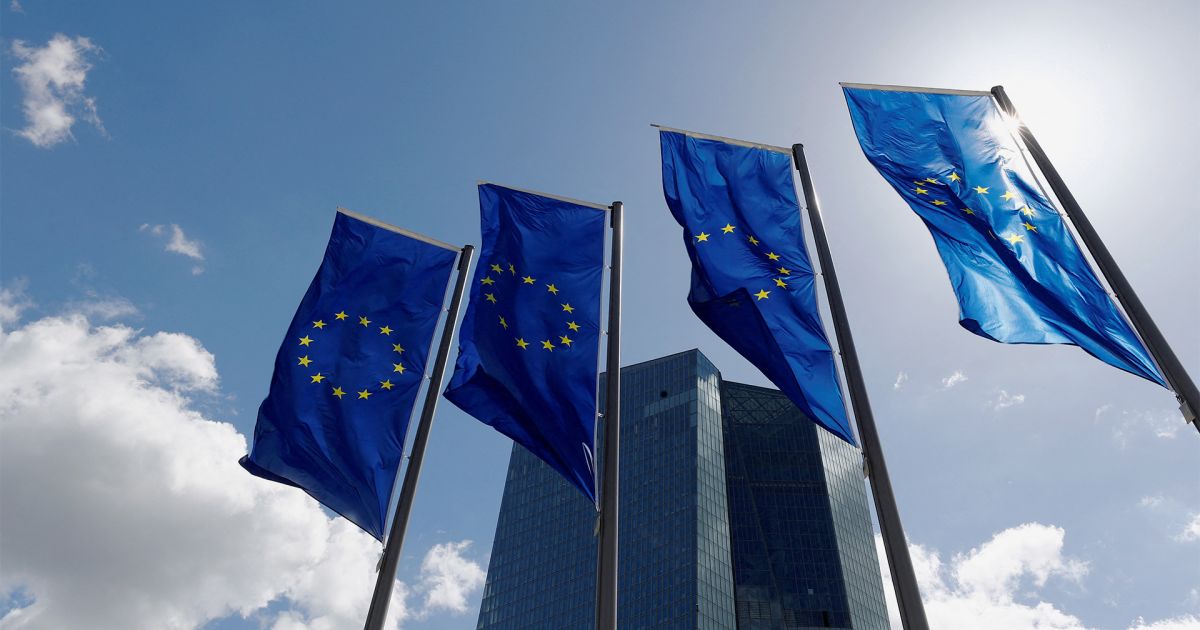International Monetary Fund Managing Director Kristalina Georgieva said on Sunday that Russia may default on its debt after imposing "unprecedented" sanctions over its invasion of Ukraine, but that this would not lead to a global financial crisis.
She told CBS that the sanctions imposed by the United States and other "democratic" countries have already had a severe impact on the Russian economy, and will lead to a "deep" recession there this year.
She added that the war and sanctions will also have significant spillover effects on neighboring countries that depend on Russian energy supplies, and have already resulted in a wave of refugees compared to the second world war.
The IMF chief said sanctions also limit Moscow's ability to access its resources and service debt, meaning that default is no longer seen as "unlikely".
When asked whether such a default could lead to a worldwide financial crisis, Georgieva said, "For now, no."
Georgieva said that the total exposure of banks to Russia amounted to about 120 billion dollars, and this is not an easy amount
She
added that the total exposure of banks to Russia amounted to about 120 billion dollars
, noting that although this is not an easy amount, it is not closely linked to the global financial system.
Georgieva confirmed, last week, that the International Monetary Fund will reduce the previous forecast for global economic growth to 4.4% in 2022 as a result of the war, but added that the overall path is still positive.
She added - to this network - that growth remained strong in countries such as the United States, which were quick to recover from the Covid-19 pandemic.
Georgieva explained that the impact would be more severe in terms of higher commodity prices and inflation, which could lead to hunger and food insecurity in some parts of the African continent.
Russian position
Russian Finance Minister Anton Siluanov said - in an interview with state television - that the sanctions have frozen about $300 billion out of the country's $640 billion in gold and foreign exchange reserves.
The Russian Information Agency quoted Siluanov as saying that his country would fulfill its government debt obligations, and would pay in rubles (the local currency) to debt holders until the state's reserves were unfrozen.
He believed that this was "quite fair" under the current circumstances.

